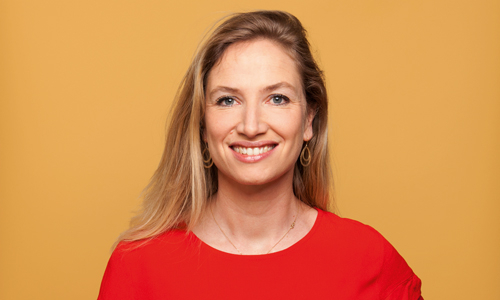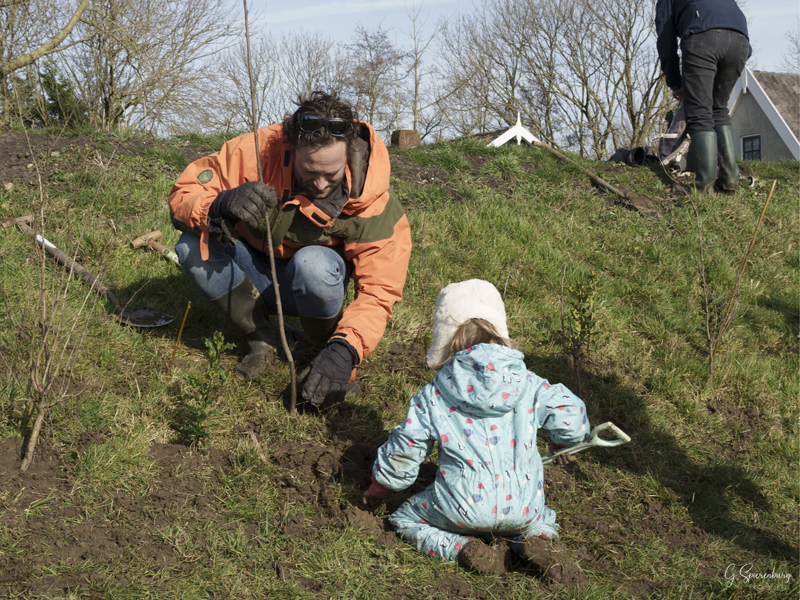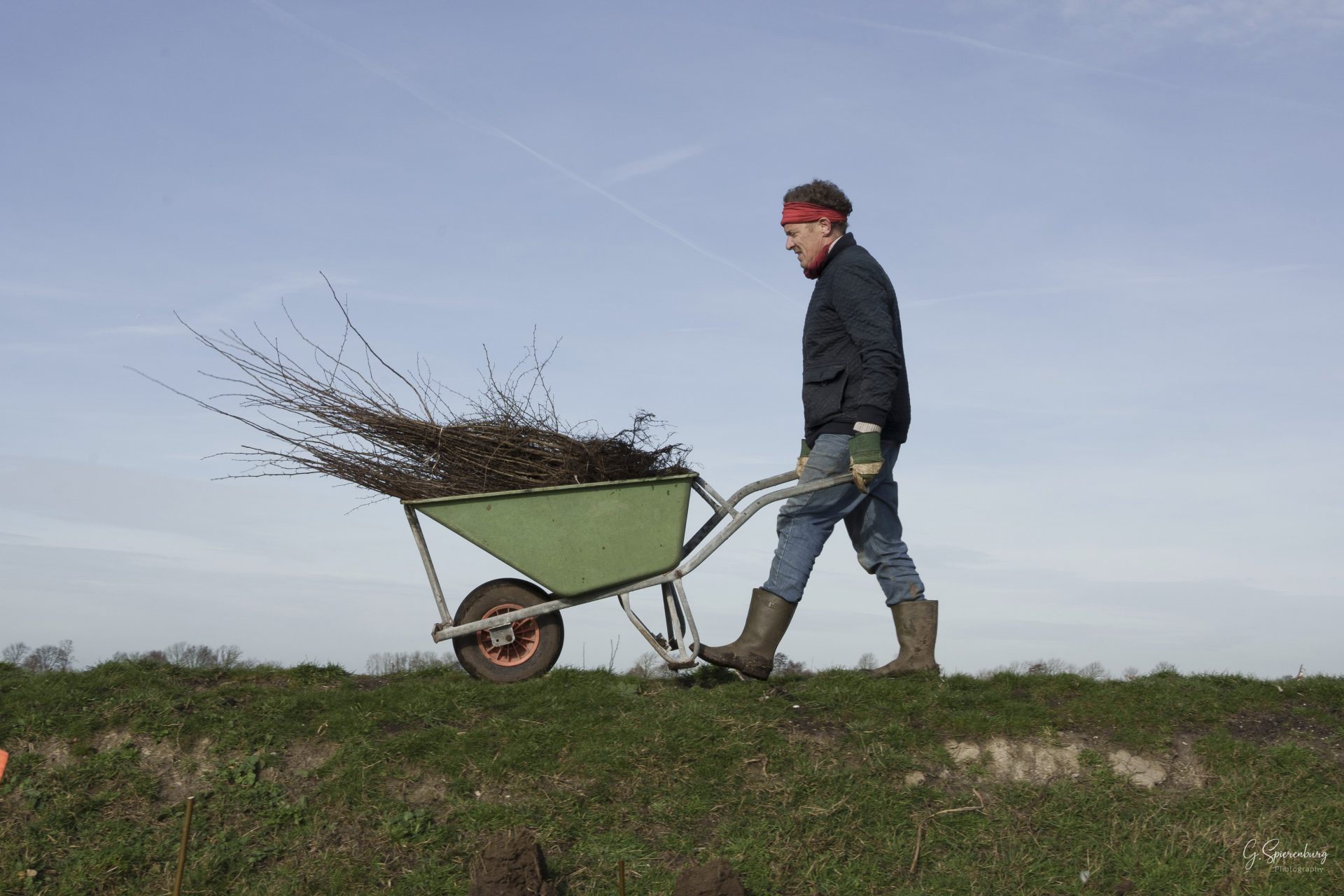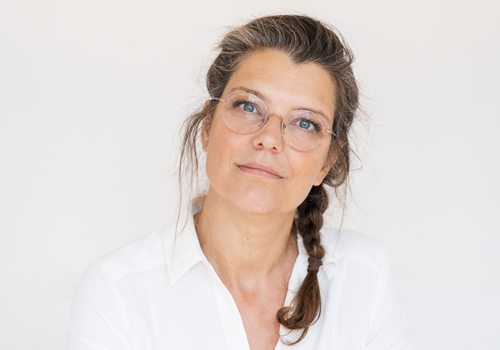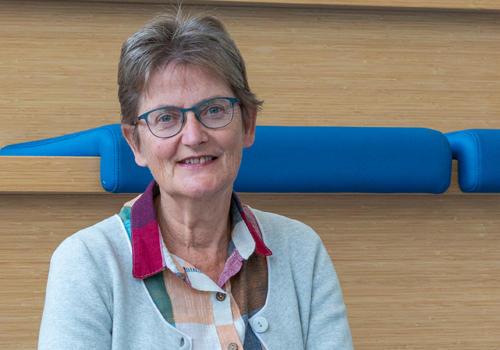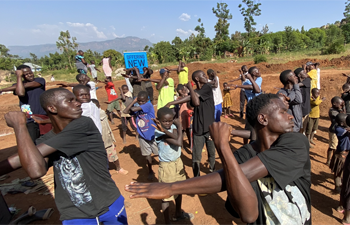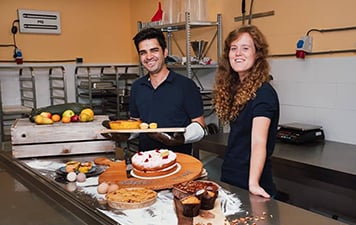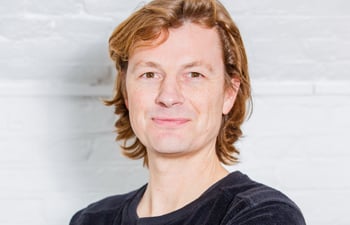Joining hands to make Dutch soil healthy for the next generation: that’s what Land van Ons (Our Land) is all about. The citizens’ cooperative buys up agricultural plots. For each, it performs a targeted soil analysis, draws up an organic land management plan and then looks for a suitable tenant. The tenant cultivates the land within the boundaries of nature. The result is healthier soil, sustainable food production, increased biodiversity, ecological landscape restoration and improved water quality.
Depleted land
Two-thirds of the Netherlands consists of agricultural land, totalling 2 million hectares. Over time, the biodiversity of the landscape has deteriorated significantly. Formerly herb-rich grasslands have turned into a “green desert” where a single grass species dominates and li le else grows. Insects and birds no longer flourish. Boosting crop yields with fertilisers and pesticides depletes the land and has drastically affected soil life. In short, there’s a pressing need for a transition to a different food and farming system.
Out of balance
“The problem with biodiversity is that we don’t see most of it,” Land van Ons co-founder Franke Remerie explained in the TV programme Kruispunt. “Human beings are used to being at the top of the food chain. We’ve arranged the Dutch countryside to serve our needs. We forget that we’re only one of 100 million living organisms on the planet, and that disrupting the balance also works to our detriment. Ultimately, it makes us very vulnerable.”
